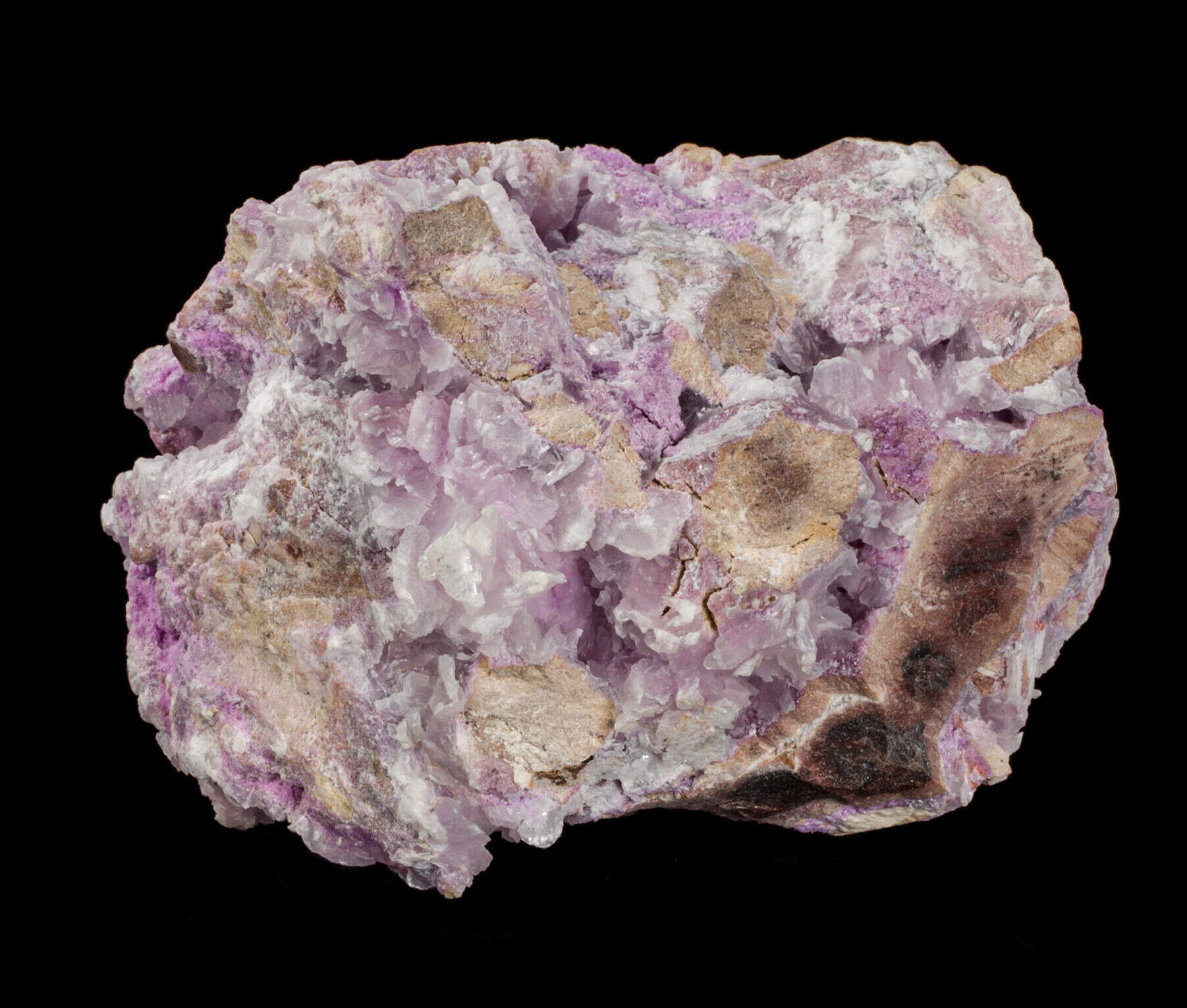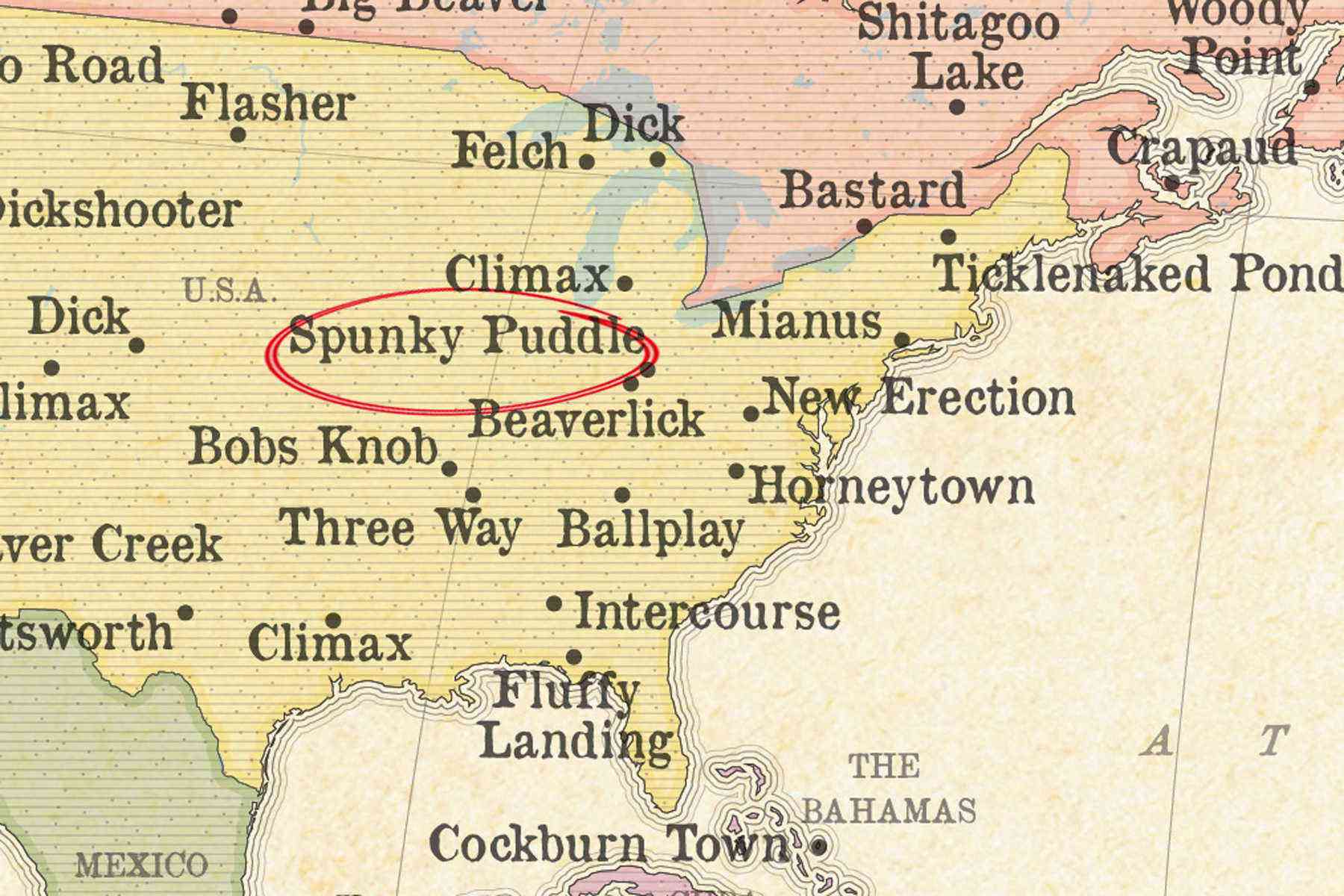
Bentorite is a rare mineral that often piques the curiosity of geology enthusiasts. Named after the Spanish geologist Joaquin Bentor, this mineral has a unique composition and fascinating properties. What makes Bentorite so special? For starters, it’s a sulfate mineral that contains lead and chromium, giving it a distinctive greenish hue. Found primarily in volcanic regions, Bentorite forms under specific conditions, making it a prized find for collectors. Why should you care about Bentorite? Understanding this mineral can offer insights into geological processes and the history of volcanic activity. Whether you’re a student, a hobbyist, or just someone intrigued by the natural world, learning about Bentorite can be both educational and exciting. Ready to dive into 30 intriguing facts about this captivating mineral? Let’s get started!
Key Takeaways:
- Bentorite is a rare mineral named after Israeli geologist Yaakov Bentor. It forms in high-temperature environments and has a green to yellow-green color due to chromium, making it a valuable addition to mineral collections.
- Despite its challenges, Bentorite is used in geological research and academic studies. Its discovery in 1980 advanced the understanding of combustion metamorphism, and its complex structure continues to spark curiosity among scientists.
What is Bentorite?
Bentorite is a rare mineral that has captured the interest of geologists and mineral enthusiasts alike. Named after the Israeli geologist Yaakov Bentor, this mineral has unique properties and fascinating origins.
- Bentorite is a sulfate mineral composed primarily of barium and chromium.
- It was first discovered in the Hatrurim Formation in Israel.
- The mineral was named in honor of Yaakov Bentor, a prominent Israeli geologist.
- Bentorite typically forms in high-temperature environments, such as those found in combustion metamorphic rocks.
- Its chemical formula is Ba6(Cr,Al)2(SO4)2(SiO4)2O2.
Physical Properties of Bentorite
Understanding the physical characteristics of Bentorite can help identify it in the field. These properties make it distinct from other minerals.
- Bentorite crystals are usually small and prismatic.
- The mineral has a hardness of 5 on the Mohs scale.
- Bentorite exhibits a vitreous to dull luster.
- It has a specific gravity of approximately 4.5.
- The color of Bentorite ranges from green to yellow-green due to the presence of chromium.
Occurrence and Formation
Bentorite's formation and occurrence are linked to specific geological settings. This section explores where and how Bentorite forms.
- Bentorite is typically found in combustion metamorphic rocks.
- It forms in environments with high temperatures and low pressures.
- The mineral is often associated with other rare minerals like ye'elimite and brownmillerite.
- Bentorite has been discovered in Israel, Jordan, and Russia.
- It is often found in small quantities, making it a rare mineral.
Uses and Applications
While Bentorite is not widely used in commercial applications, it has some niche uses and scientific significance.
- Bentorite is primarily of interest to mineral collectors.
- It is used in geological research to understand high-temperature mineral formation.
- The mineral's unique properties make it a subject of academic studies.
- Bentorite can be used as a reference material in mineralogical studies.
- Its rarity makes it a valuable addition to any mineral collection.
Interesting Facts about Bentorite
Here are some intriguing tidbits about Bentorite that highlight its uniqueness and the curiosity it sparks among scientists.
- Bentorite was first described in 1980.
- The mineral's discovery helped advance the understanding of combustion metamorphism.
- Bentorite's formation involves the interaction of barium-rich fluids with chromium-bearing minerals.
- It is one of the few minerals that contain both barium and chromium.
- Bentorite's structure is complex, with multiple elements in its crystal lattice.
Challenges in Studying Bentorite
Studying Bentorite presents several challenges due to its rarity and the conditions under which it forms.
- Bentorite samples are often small and difficult to obtain.
- The high-temperature conditions required for its formation are hard to replicate in a laboratory.
- Analyzing Bentorite requires advanced techniques like X-ray diffraction and electron microprobe analysis.
- The mineral's rarity means that few comprehensive studies have been conducted.
- Despite these challenges, Bentorite continues to be a subject of ongoing research in the field of mineralogy.
The Final Scoop on Bentorite
Bentorite, a rare mineral, has fascinated geologists and collectors alike. Named after Yaakov Bentor, this mineral's unique properties make it a subject of study and admiration. Found primarily in Israel, bentorite's distinct crystal structure and composition set it apart from other minerals. Its rarity adds to its allure, making it a prized find for those lucky enough to come across it.
Understanding bentorite's formation helps scientists learn more about geological processes. This mineral's presence in specific environments provides clues about the Earth's history and the conditions that led to its creation. For collectors, bentorite represents a unique addition to their collections, showcasing nature's diversity and beauty.
So, whether you're a geologist, a collector, or just someone curious about the natural world, bentorite offers a glimpse into the fascinating complexities of our planet. Keep an eye out for this rare gem; you never know where it might turn up!
Frequently Asked Questions
Was this page helpful?
Our commitment to delivering trustworthy and engaging content is at the heart of what we do. Each fact on our site is contributed by real users like you, bringing a wealth of diverse insights and information. To ensure the highest standards of accuracy and reliability, our dedicated editors meticulously review each submission. This process guarantees that the facts we share are not only fascinating but also credible. Trust in our commitment to quality and authenticity as you explore and learn with us.


